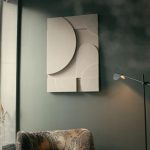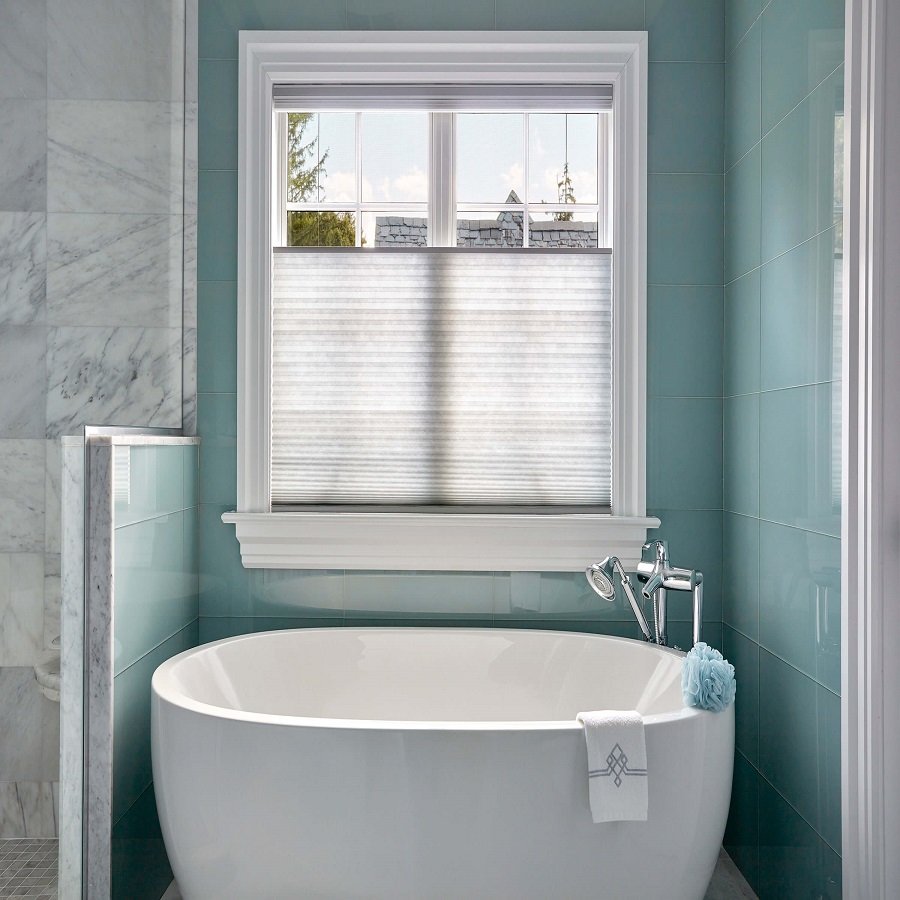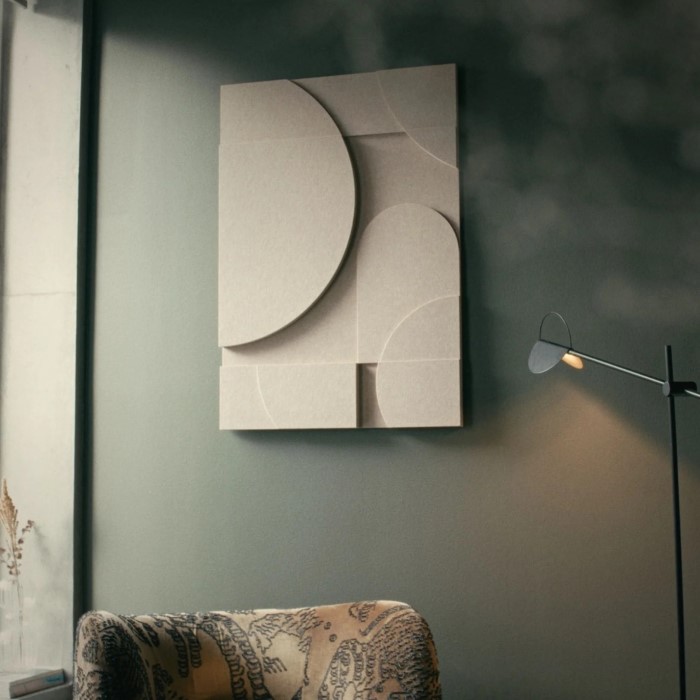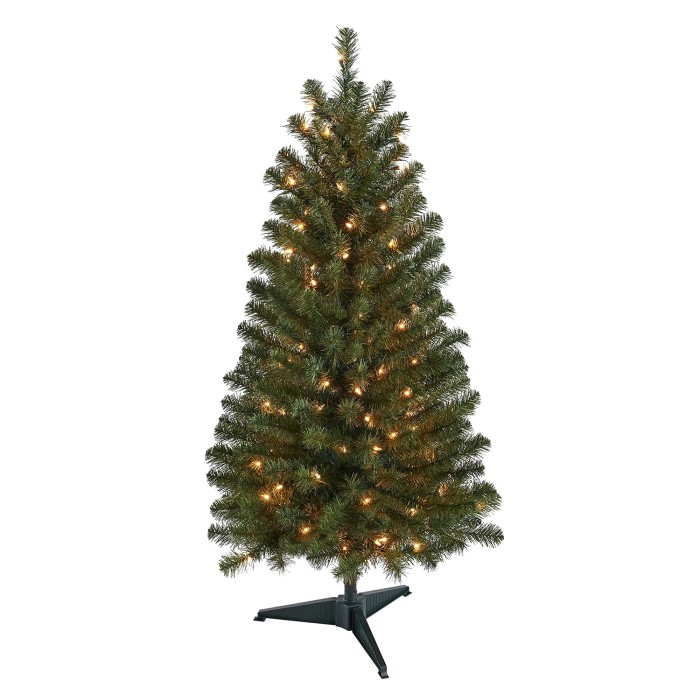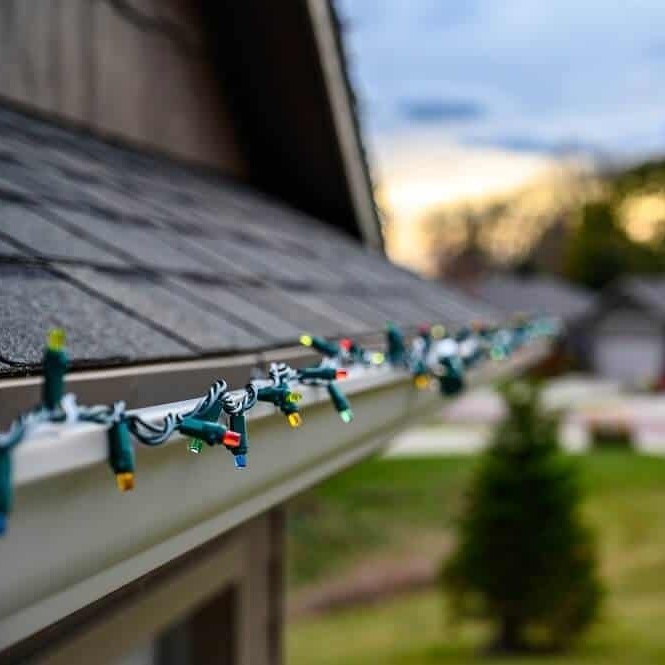Blinds are an essential part of many homes, offering both functional and aesthetic benefits. They allow us to control the amount of light entering our space, help regulate temperature, and provide privacy. However, when it comes to achieving optimal privacy and security, one common question arises: should blinds be up or down for privacy? The position of your blinds can affect your home’s level of privacy, how much natural light you get, and even the energy efficiency of the room. This article will explore the pros and cons of having your blinds up versus down, and which position offers better security and comfort for your living space.
The Role of Blinds in Privacy and Security
How Blinds Enhance Privacy
Privacy is one of the primary reasons people install blinds in their homes. Whether you’re trying to keep prying eyes from seeing into your bedroom or simply want to create a private retreat in your living room, blinds play a crucial role. When the blinds are down, they can act as a physical barrier, preventing others from seeing inside your home. This is particularly important if you live in a densely populated area or on a lower floor, where passersby or neighbors may have a direct line of sight into your windows.
Blinds that are fully closed or lowered offer a level of privacy that is hard to beat. By blocking external visibility, you can feel more secure in your space, knowing that no one can peer into your home. The thickness and material of the blinds also affect their ability to block light and visibility. For example, blackout blinds provide complete privacy when down, while sheer blinds may still allow people to see shadows or outlines within the room.
The Impact of Blinds Up on Privacy
When blinds are up, the level of privacy they offer is reduced. In this position, the blinds are typically drawn away from the window, exposing the interior of your home to anyone outside. While this may allow for more light to enter the room, it can compromise privacy, especially if the window faces a busy street or is close to neighboring properties.
However, some modern blinds, such as top-down/bottom-up shades, provide the option to keep the bottom portion of the window covered while raising the top. This configuration allows for natural light to come in from the top while maintaining privacy at eye level. In terms of security, having the blinds up may make it easier for potential intruders to see inside your home, which is why many people opt to keep their blinds down during the night or when they are away.
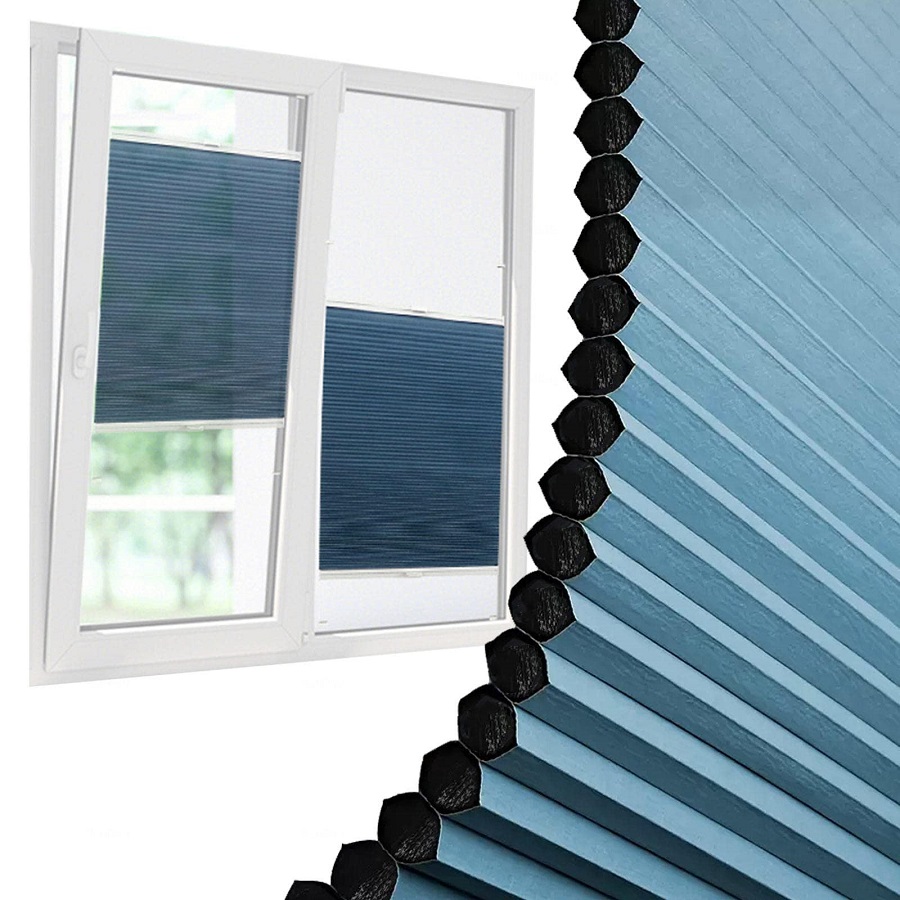
Understanding Light Control and Comfort
How Blinds Up Improve Natural Light Flow
Another important consideration when deciding whether to keep your blinds up or down is the amount of natural light entering the room. Blinds that are up provide the maximum amount of natural light by exposing the full window to the outside. This can significantly brighten up a room, especially during the day when sunlight is abundant. Natural light not only enhances the aesthetic of a room but also has numerous benefits for physical and mental health, including boosting mood and productivity.
For rooms where you need bright light, such as kitchens or home offices, keeping the blinds up can help create a more welcoming and energizing environment. It’s important to consider the direction your windows face, as this will impact the intensity of the light entering the room. If your windows face west or south, the sunlight can be more intense in the afternoon, which may result in glare or overheating. In such cases, adjusting the blinds slightly (keeping them at a tilt) can help manage the flow of light while still maintaining privacy.
How Blinds Down Contribute to Comfort and Temperature Regulation
When the blinds are down, they can provide comfort by blocking excess sunlight, reducing glare, and improving temperature control. During hot summer months, lowering the blinds can help keep your home cooler by preventing direct sunlight from warming up the room. The material and color of the blinds also play a role in insulation. For example, dark-colored blinds tend to absorb more heat, which can help keep the interior of your home warmer in the winter, while light-colored blinds reflect sunlight to help cool the space.
Another advantage of having the blinds down is the ability to control the ambiance in a room. Dimmed lighting from closed blinds can create a cozy, calm atmosphere, which is ideal for relaxing in the evenings. This is especially true if you have thicker or blackout blinds, which can darken the room entirely for a peaceful night’s sleep. By controlling the amount of light and heat entering the space, lowering your blinds can contribute to a more comfortable living environment year-round.
Privacy and Security During the Day vs. Night
Daytime Privacy: Blinds Down for Better Seclusion
During the day, when natural light is abundant, you may want to keep your blinds down to protect your privacy. People walking by outside may be able to see into your windows if the blinds are up, especially if you live in a busy area or have a front-facing window. For rooms like bedrooms or bathrooms, keeping the blinds down during the day is often necessary to prevent visibility from the outside.
Another benefit of having the blinds down during the day is that it prevents distractions and keeps the room cooler. If you have a clear line of sight to your window, it’s easy to become distracted by movement outside, such as cars driving by, pedestrians walking, or neighbors going about their day. By lowering the blinds, you can block these distractions and create a more peaceful, focused environment.
Nighttime Privacy and Security: Blinds Down for Full Coverage
At night, keeping the blinds down is also essential for both privacy and security. As the outside world becomes darker, the interior of your home may become more visible to anyone outside, especially if your lights are on. This increases the risk of being seen by strangers, potentially compromising both your privacy and security. To prevent this, many people lower their blinds to fully cover the windows and block out any external visibility.
At night, lowered blinds also provide better protection against potential intruders. While an open window or a partially raised blind can make it easier for someone to peek inside, fully closed blinds eliminate this risk. Many burglars are more likely to target homes where they can see inside and identify valuables. By keeping your blinds down at night, you limit the visibility of your interior and reduce the likelihood of attracting unwanted attention.
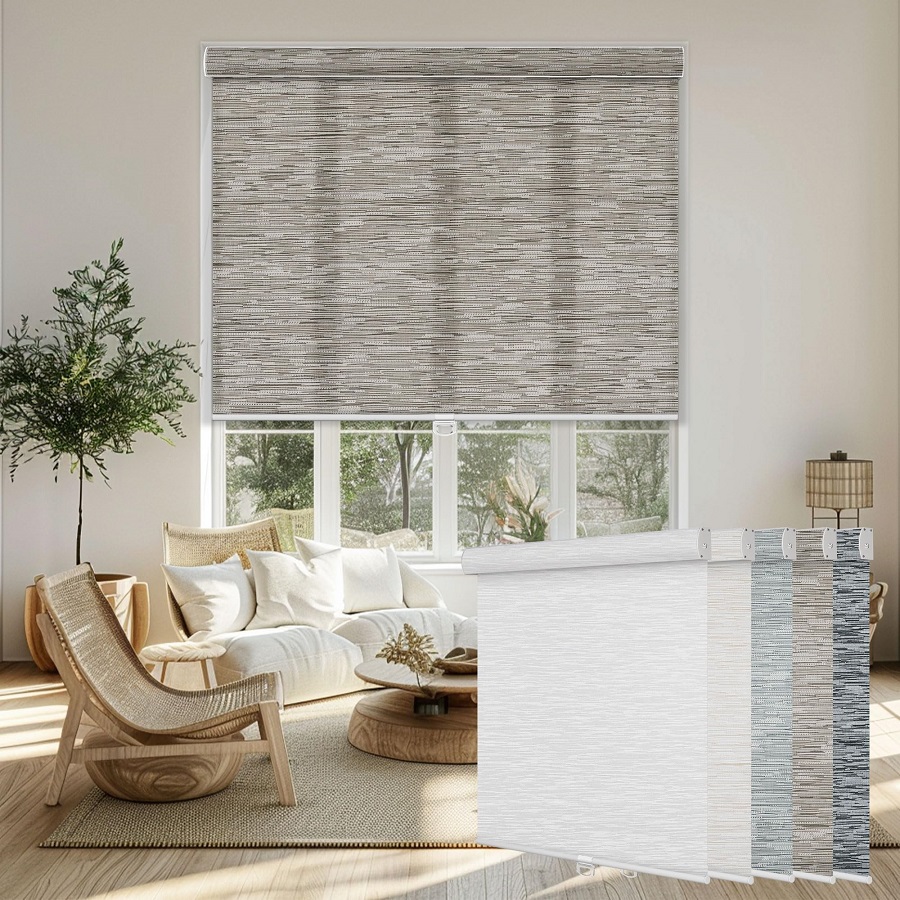
Blinds Up or Down for Energy Efficiency?
Blinds Down for Better Energy Efficiency
Energy efficiency is another reason to consider the position of your blinds. When the blinds are down, they can act as an extra layer of insulation, helping to regulate the temperature in your home. In the summer, closed blinds block the sun’s heat, which helps reduce the need for air conditioning. In the winter, closed blinds help to keep warmth inside the room, reducing heating costs.
For maximum energy efficiency, you can opt for energy-saving window treatments, such as cellular or honeycomb shades, which have insulating properties. These blinds trap air within their cells, preventing the escape of heat during the colder months and keeping the room cool during the hotter months. By lowering your blinds during extreme weather conditions, you can help maintain a comfortable indoor temperature and reduce your energy consumption.
Blinds Up for Maximum Sunlight and Passive Heating
On the other hand, keeping the blinds up during the day can help harness the natural energy from the sun to passively heat your home. On sunny winter days, sunlight streaming through the window can warm up the room, reducing the need for artificial heating. By allowing natural light to enter, you can take advantage of passive solar heating, which is an eco-friendly way to lower your heating costs.
However, the amount of passive heating you gain from sunlight depends on several factors, such as the orientation of your windows and the type of glass in your windows. Windows that face south or west typically receive the most sunlight and will provide the most passive heating. In such cases, it may be beneficial to keep the blinds up during the day to maximize sunlight exposure.
Final Considerations for Choosing Blinds Up or Down
Combining Blinds for Optimal Privacy and Comfort
Ultimately, the decision of whether to keep your blinds up or down depends on a variety of factors, including privacy needs, light control, and energy efficiency. For optimal privacy, security, and comfort, it’s often a good idea to combine both positions. For instance, you could lower the blinds in rooms that require full privacy, such as bedrooms or bathrooms, while keeping them up in other areas where you want to maximize natural light, such as living rooms or kitchens.
Additionally, investing in high-quality blinds with adjustable slats can give you even more control over the amount of light and privacy in your space. Vertical, horizontal, or top-down/bottom-up blinds allow you to customize the position of each slat, ensuring that you can adjust the blinds to suit your needs throughout the day and night.
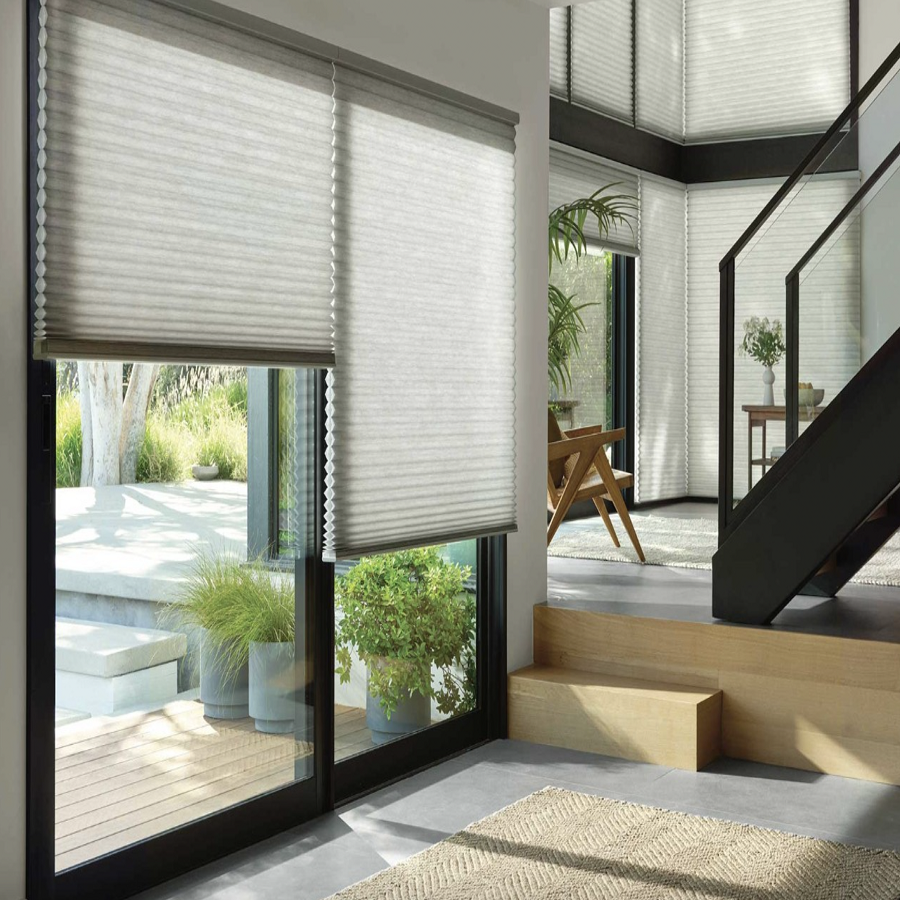
Conclusion: The Best Position for Privacy, Security, and Comfort
In conclusion, there is no one-size-fits-all answer when it comes to whether blinds should be up or down for privacy and comfort. Each position offers distinct advantages and disadvantages, and your choice will depend on your specific needs. If privacy and security are your top priorities, keeping the blinds down is usually the best option. If you’re looking to maximize natural light or energy efficiency, up may be the better choice. Regardless of which position you prefer, understanding the benefits of both options will help you create a home that is both private and comfortable.


